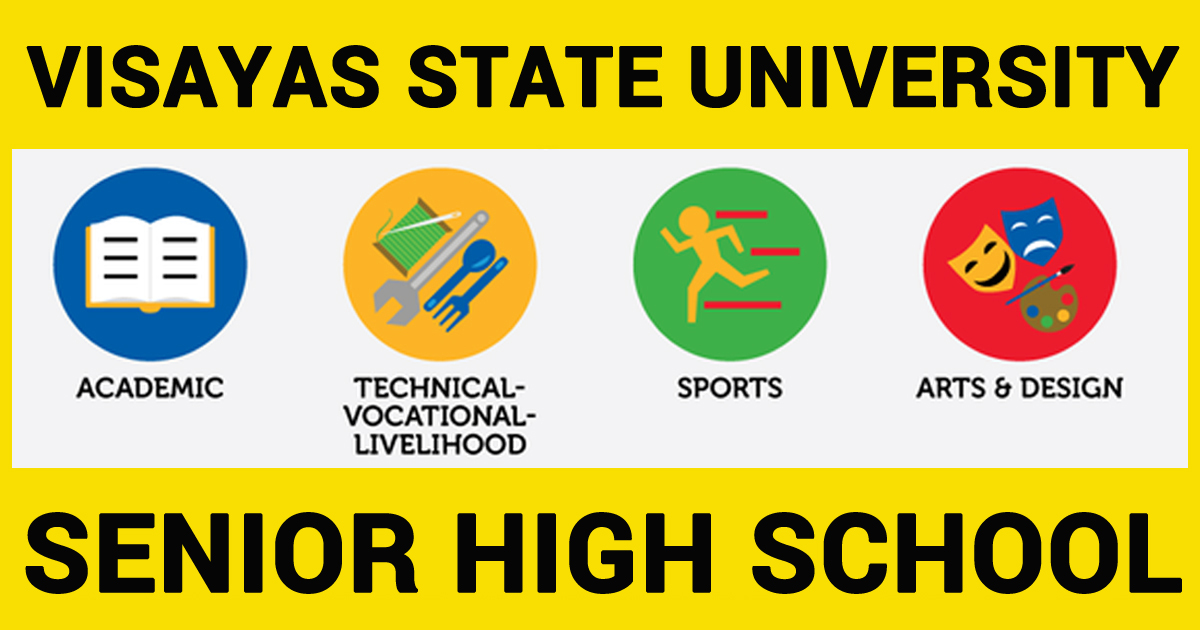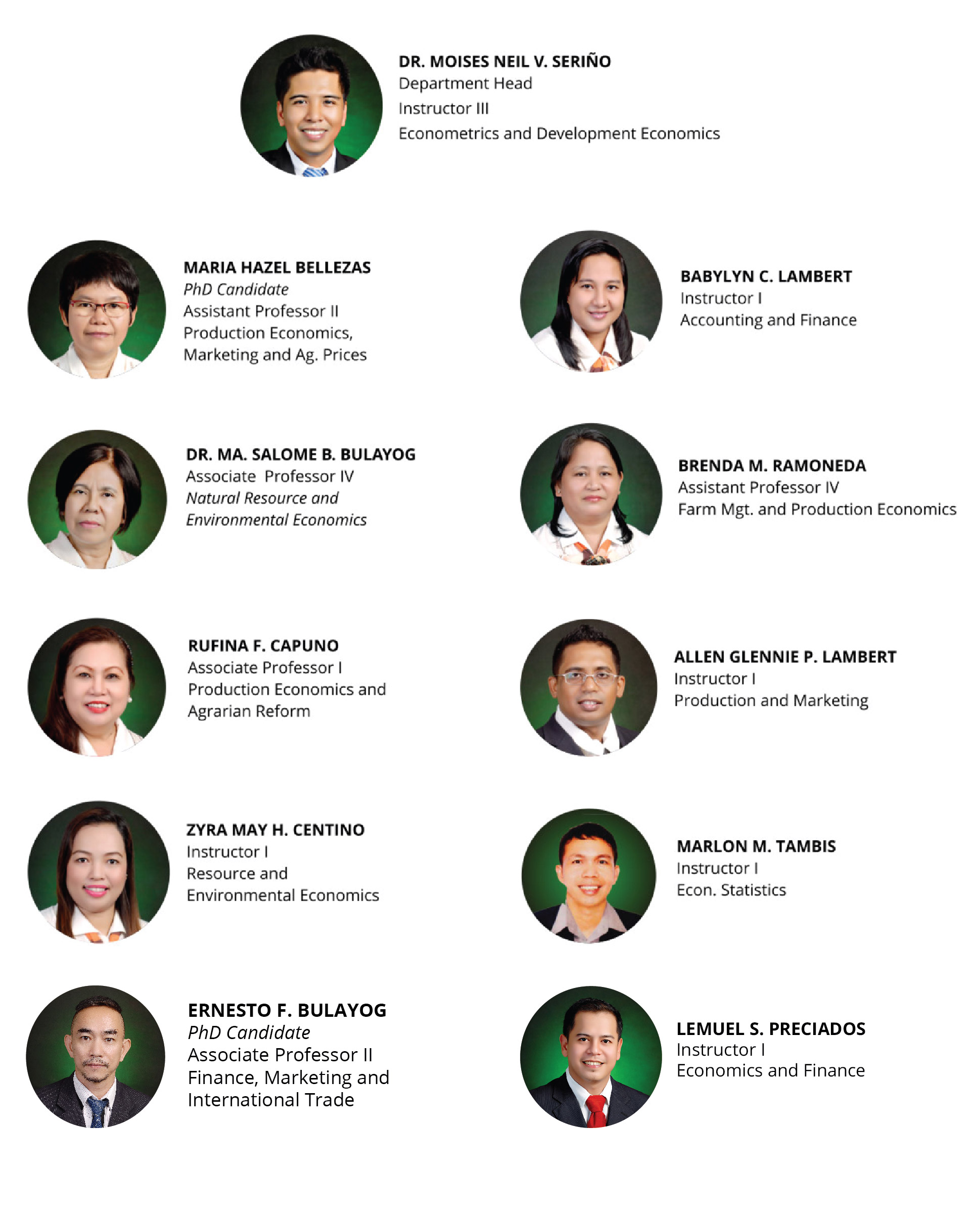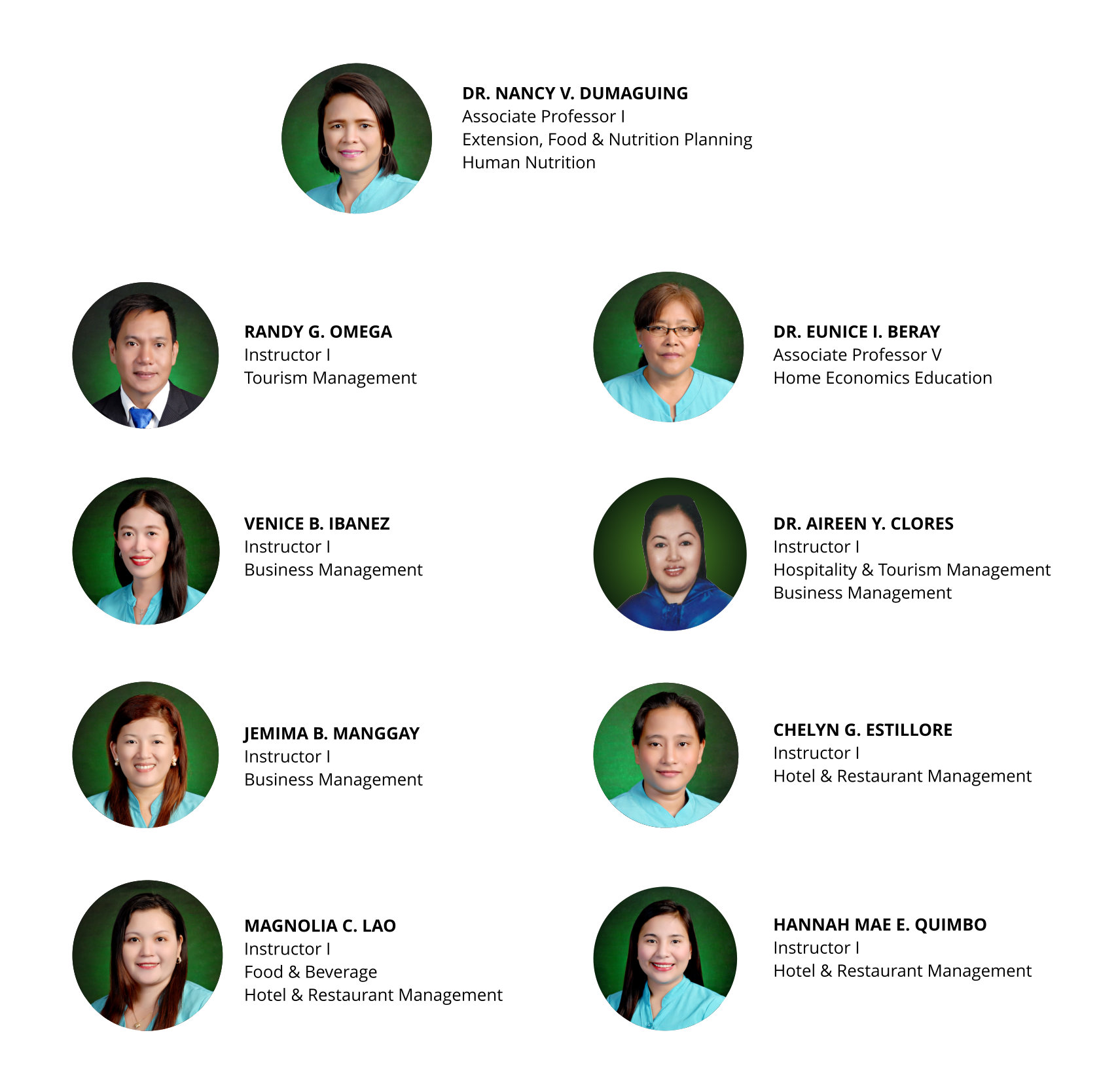Content (main)
- Details
- Written by Jessamine C. Ecleo
-
Published: 04 June 2016
- Details
-
Published: 03 June 2016
The Department of Teacher Education aims to:
- Provide quality pre-service taining for teachers in the elementary, secondary and collegiate levels
- Conduct research that will help improve the quality of education
- Extend relevant community service to help uplift people's lives especially those living near the VSU.
Objectives
- Produce morally strong, competent and dedicated elementary/secondary school teachers.
- Develop among prospective teachers genuine love for teaching and a real concern for the welfare and development of the learners in particular and the country, in general.
- Provide students the opportunity to formulate and conduct research on relevant areas and undertake community outreach projects.
- Produce excellent professionals in elementary/secondary education who can pass very satisfactorily the Licensure Examination for Teachers.
- Details
- Written by Kim Roca
-
Published: 01 June 2016
Department of Economics
Department of Consumer and Hospitality Management
Department of Business and Management
- Details
-
Published: 30 May 2016
The College of Veterinary Medicine in the Visayas State University was created on May 24, 1974 first as a division of the Department of Animal Science and Veterinary Medicine (DASVM). On January 20, 2001, the Veterinary Medicine Division was separated from DASVM and was converted into School of Veterinary Medicine per Board Resolution No. 14, series 2001. With the conversion of Visayas State College of Agriculture (ViSCA) into Leyte State University per RA 9158, the School of Veterinary Medicine became the College of Veterinary Medicine. The offering of the degree program in Doctor of Veterinary Medicine (DVM) started on April 27, 1993 per Board Resolution No. 13, series 1993, with a ladderized DVM curriculum. The ladderized curriculum was later revised to straight six years on January 20, 2001 per Board Resolution No. 15, series 2001.
- Details
- Written by Visayas State University
-
Published: 01 June 2016

The College of Education coordinates the implementation of the Senior High School program of the Department of Education and takes care of the admission of prospective senior high school students. VSU offers three strands under the Academic Track: Science, Technology, Engineering, and Mathematics Strand (STEM); Humanities and Social Sciences Strand (HUMSS); and Accountancy, Business and Management Strand (ABM). It also offers two strands of the Technical-Vocational-Livelihood Track: Home Economics, and Animal and Crop Production.
Requirements for Entrance Examination
- Photocopy of grades in 3rd Grading certified by the school principal. All grades should be above 80% and GPA above 90%.
- PHP100 Examination Fee
Schedule of Entrance Examination:
- Details
-
Published: 30 May 2016
The College of Management and Economics (CME) was created by virtue of Board of Regents Resolution 75 Series 2009 and was officially launched as a college on March 15, 2010. The different departments of CME have highly qualified faculty members who hold doctoral and masteral degrees from the Philippines and universities abroad and are actively involved in local,national and international research activities, trainings and conferences.
Vision
A globally competitive university for science, technology, and environmental conservationMission
Development of a highly competitive human resource, cutting-edge scientific knowledge and innovative technologies for sustainable communities and environment.VSU Quality Policy
The Visayas State University (VSU), a globally competitive university of science and technology and environmental conservation, is created by law to develop highly competitive human resource, cutting-edge scientific knowledge and innovative technologies for sustainable communities and environment.
Towards this end, we, at the Visayas State University, commit to:
- Produce highly competent, quality and world-class manpower in science and technology, especially for agriculture, environmental management and industry who are proficient in communication skills, critical thinking and analytical abilities;
- Generate and disseminate relevant knowledge and technologies that lead to improved productivity, profitability and sustainability in agriculture, environment and industry; and
- Satisfy the needs and applicable requirements of the industry, the community and government sectors who are in need of quality graduates and technology ready for commercialization through the establishment, operation, maintenance and continual improvement of a Quality Management System (QMS) which is aligned with the requirements of ISO 9001:2015.
It shall be the policy of the university that the quality policies and procedures are communicated to and understood by all faculty, staff, students and other stakeholders and that the system be continually improved for its relevance and effectiveness.
Quality Goals of the College of Management and Economics (CME)
- Produce graduates in management and economics with excellent analytical, critical thinking, communication skills, and ethical behavior.
- Conduct trans-disciplinary research, extension, and innovative programs addressing relevant issues in social, ecological and economic development; tourism and hospitality; and agribusiness management.
- Foster and sustain local and global partnerships and networks for excellent delivery of academic, research and extension services.
- Promote an academic culture that nurtures human resources to become globally competitive professionals in their fields of specialization.
- Details
- Written by Kim Roca
-
Published: 01 June 2016
The College of Veterinary Medicine in the Visayas State University was created on May 24, 1974 first as a division of the Department of Animal Science and Veterinary Medicine (DASVM). On January 20, 2001, the Veterinary Medicine Division was separated from DASVM and was converted into School of Veterinary Medicine per Board Resolution No. 14, series 2001. With the conversion of Visayas State College of Agriculture (ViSCA) into Leyte State University per RA 9158, the School of Veterinary Medicine became the College of Veterinary Medicine. The offering of the degree program in Doctor of Veterinary Medicine (DVM) started on April 27, 1993 per Board Resolution No. 13, series 1993, with a ladderized DVM curriculum. The ladderized curriculum was later revised to straight six years on January 20, 2001 per Board Resolution No. 15, series 2001.
Mission
Attainment of the highest quality of veterinarians and scientific knowledge for the sustained growth and development of veterinary medicine
Vision
The College of veterinary Medicine as a center of excellence in medicine in the Visayas
- Details
- Written by Jessamine C. Ecleo
-
Published: 27 May 2016




